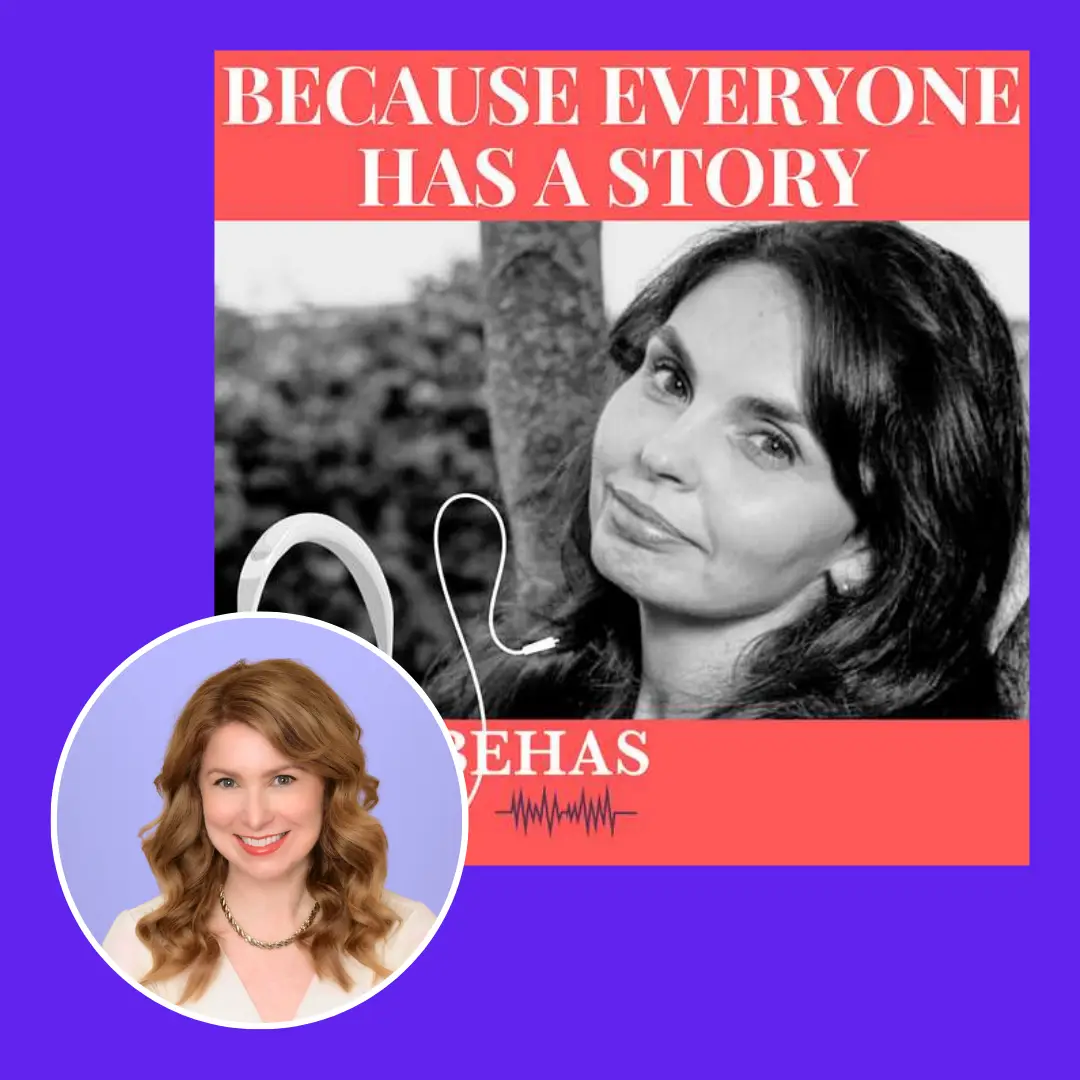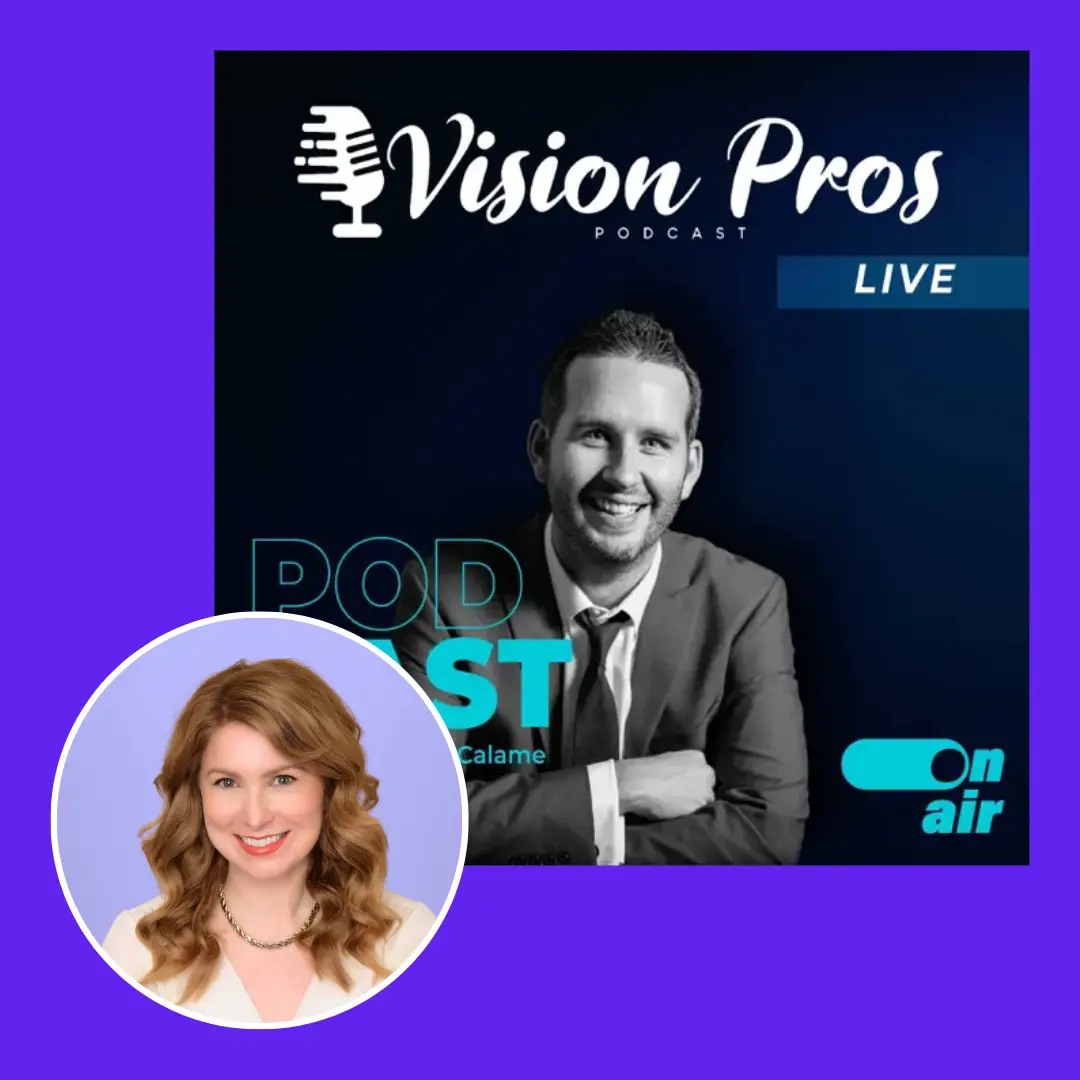My Inspiring Guest Appearance on Be Convinced!: Sharing Life-Changing Stories of Hope
Hey everyone!
I’m thrilled to share that I recently had the privilege of being a guest on the incredible podcast Be Convinced! with Soraya. 🎙️✨ In this episode, we dive into my personal journey with burnout and how I transformed it into a catalyst for change. If you’re feeling overwhelmed or stuck in a career that doesn’t fulfill you, this episode is for you!
My Journey with Burnout
On the podcast, I shared my experiences of suffering from burnout not once, but twice. It was a challenging time, but it also became a turning point in my life. Here’s a glimpse of what we discussed:
Turning Burnout into a Blessing
Burnout can feel like hitting rock bottom, but it can also be a powerful motivator for change. I talked about how my experiences forced me to reassess my life and make crucial adjustments.
“Burnout was a tough teacher, but it taught me to step back, reassess, and prioritize what truly matters,” I shared during the episode.
How I Help Women Prevent and Overcome Burnout
As a certified coach, my mission is to help women prevent or overcome burnout, design careers they love, and show up as their best selves. Here’s how I do it:
- Personal Experience and Knowledge: Having faced burnout firsthand, I bring both personal experiences and professional training to provide valuable support and guidance.
- Serene Success Program: My program is designed to serve as a roadmap for living a fulfilling life. It helps women manage stress, align their careers with their passions, and achieve their full potential.
- Balancing Life and Career: I emphasize the importance of balancing personal and professional responsibilities to avoid burnout and lead a happier life.
Key Insights from the Episode
In our conversation, we covered several actionable tips and insights:
- Recognize Burnout Early: Understanding the signs of burnout early can help you take proactive steps before it becomes overwhelming.
- Prioritize Self-Care: Make self-care a priority, not a luxury. Taking care of yourself is essential for long-term success and well-being.
- Redesign Your Career: Align your career with your passions and strengths to create a fulfilling work life.
- Recharge and Reassess: Periodically stepping back to reassess your goals and priorities can help you stay on track and avoid burnout.
Tune In for an Uplifting Conversation
Whether you’re struggling with burnout or looking to redesign your career, this episode is packed with hope and practical advice. I share my personal story of overcoming challenges and finding a path to a career and life I love.
Listen to my story of hope and transformation on Be Convinced! here!
For more information on how the Serene Success program can help you, visit serenesuccess.net.
I hope you find the episode as inspiring and transformative as I did!
Stay tuned and take care,
Hannah

